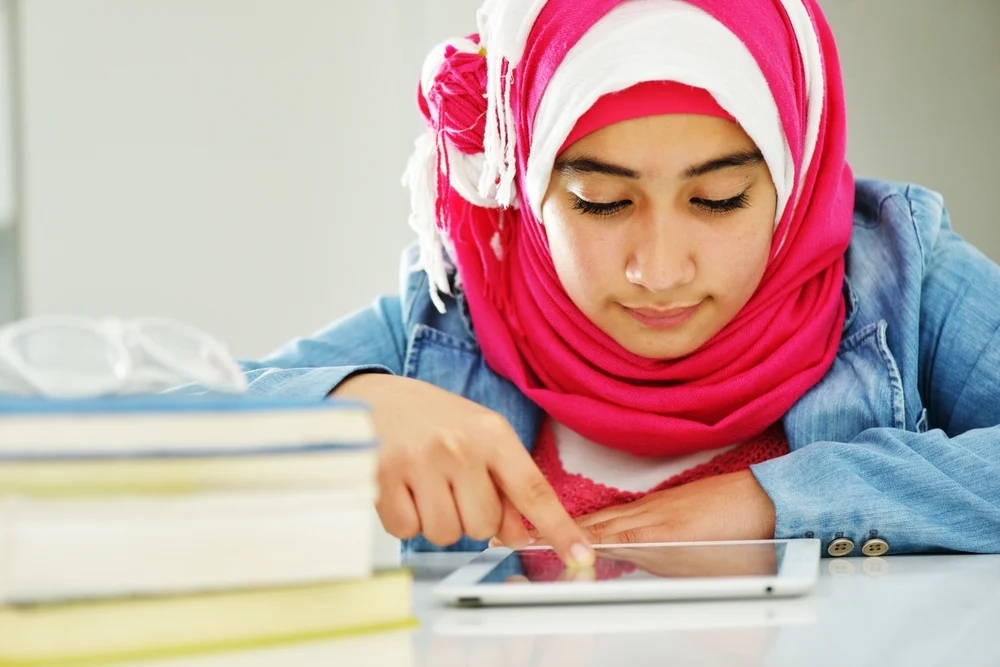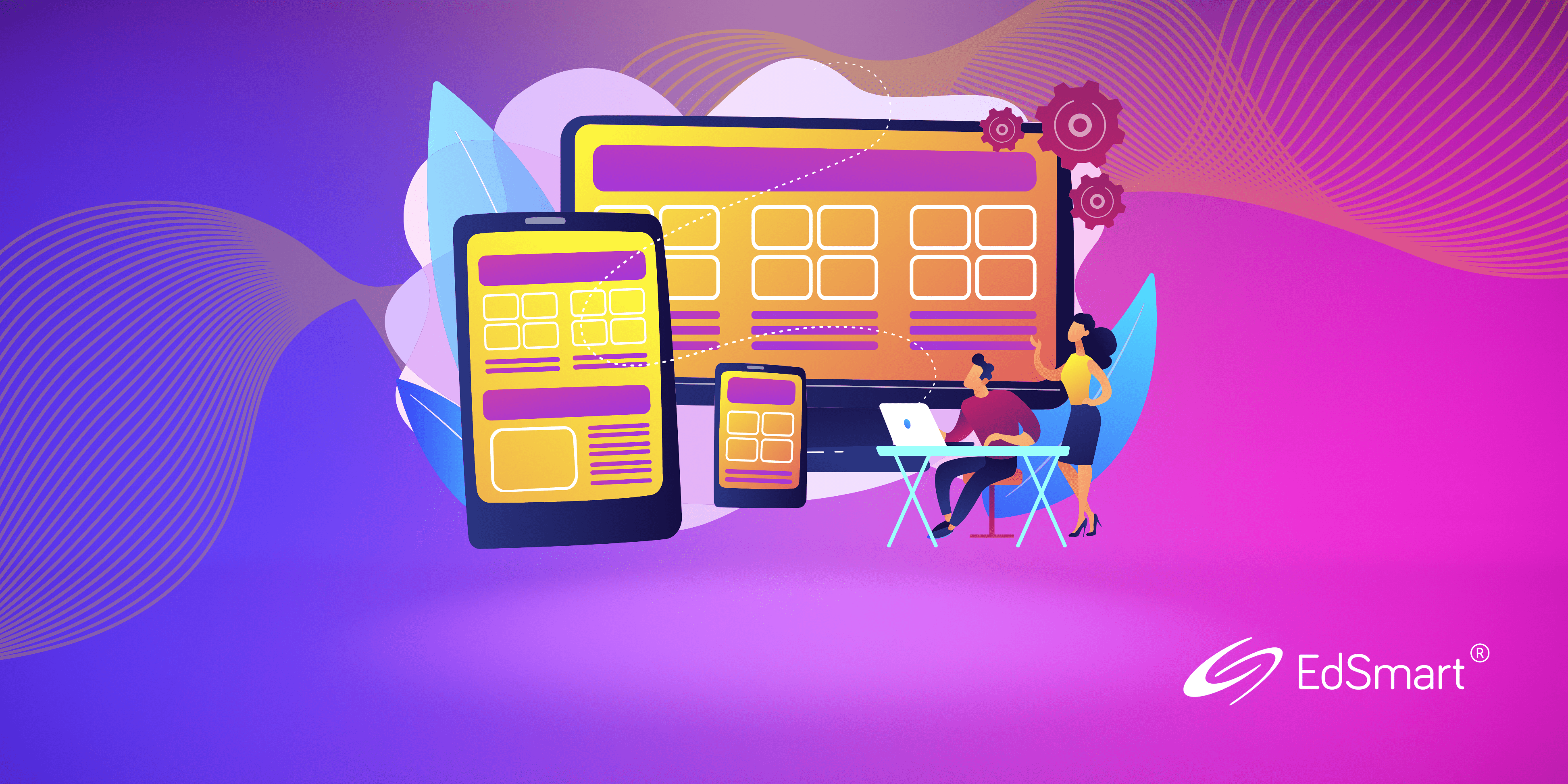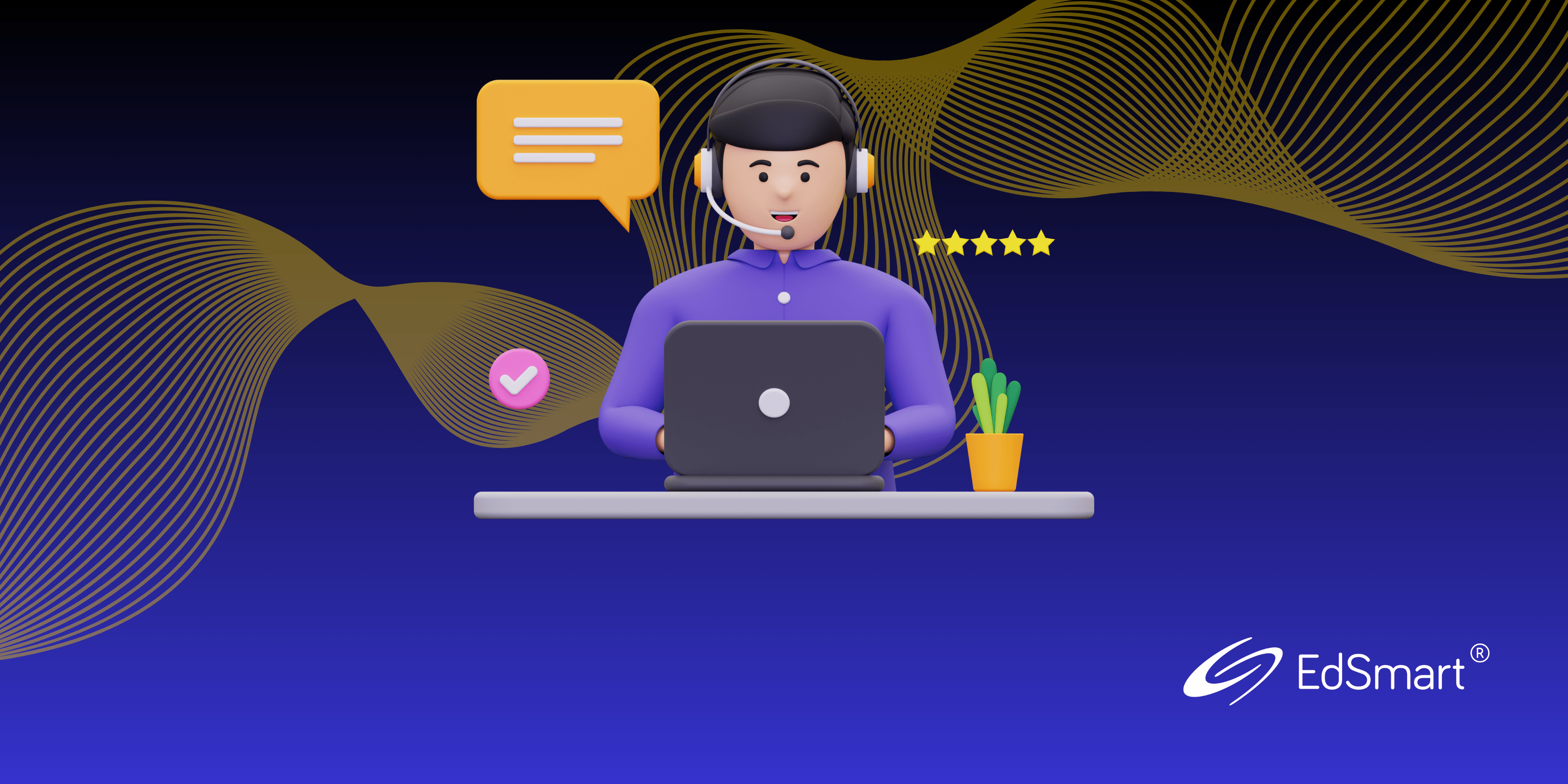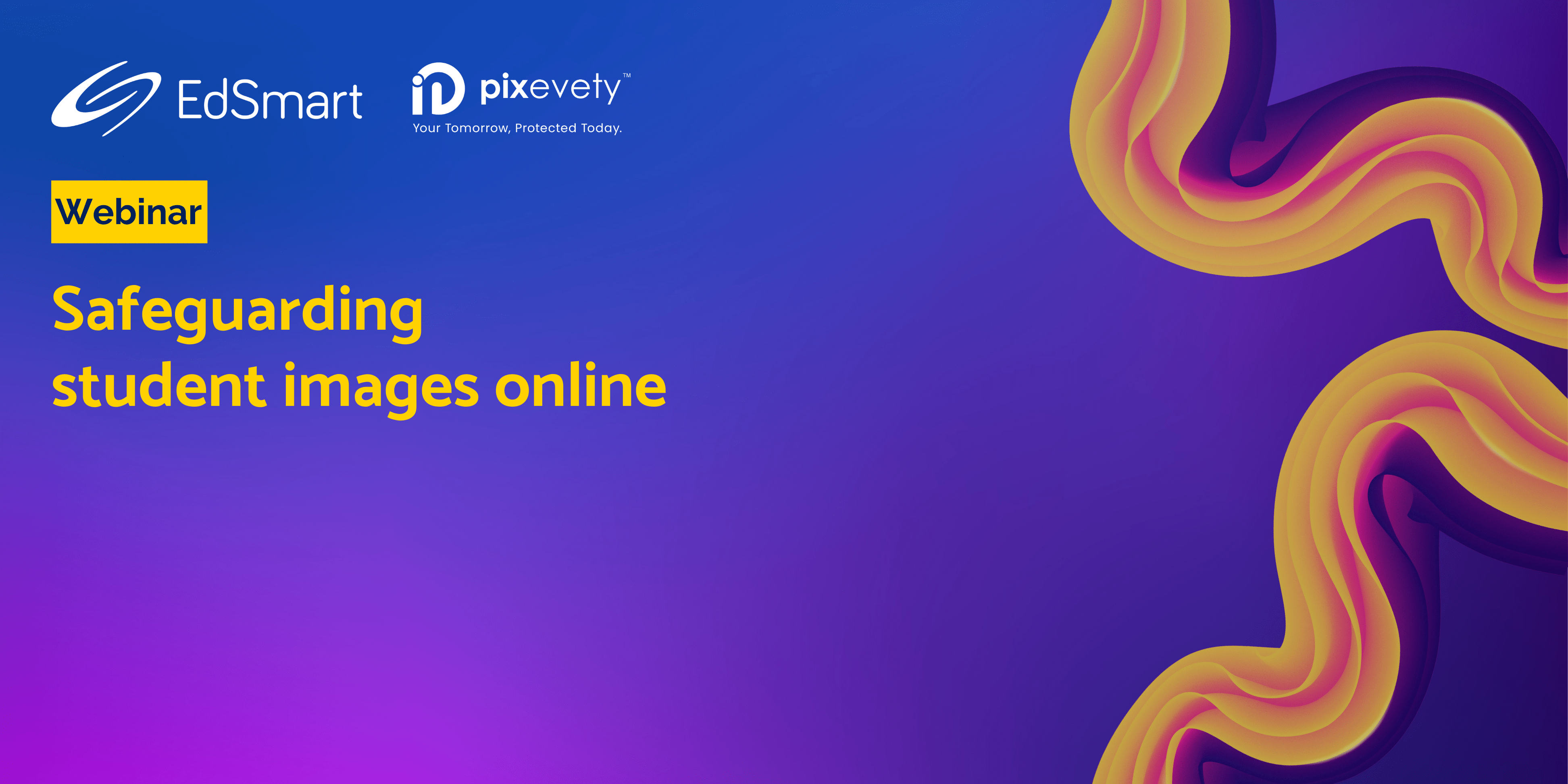Philippa Wraithmell is the former Director of Digital Learning at the award-winning Cranleigh School in Saadiyat, Abu Dhabi. She is writing a book about her experiences, which she liberally shares with EdSmart.
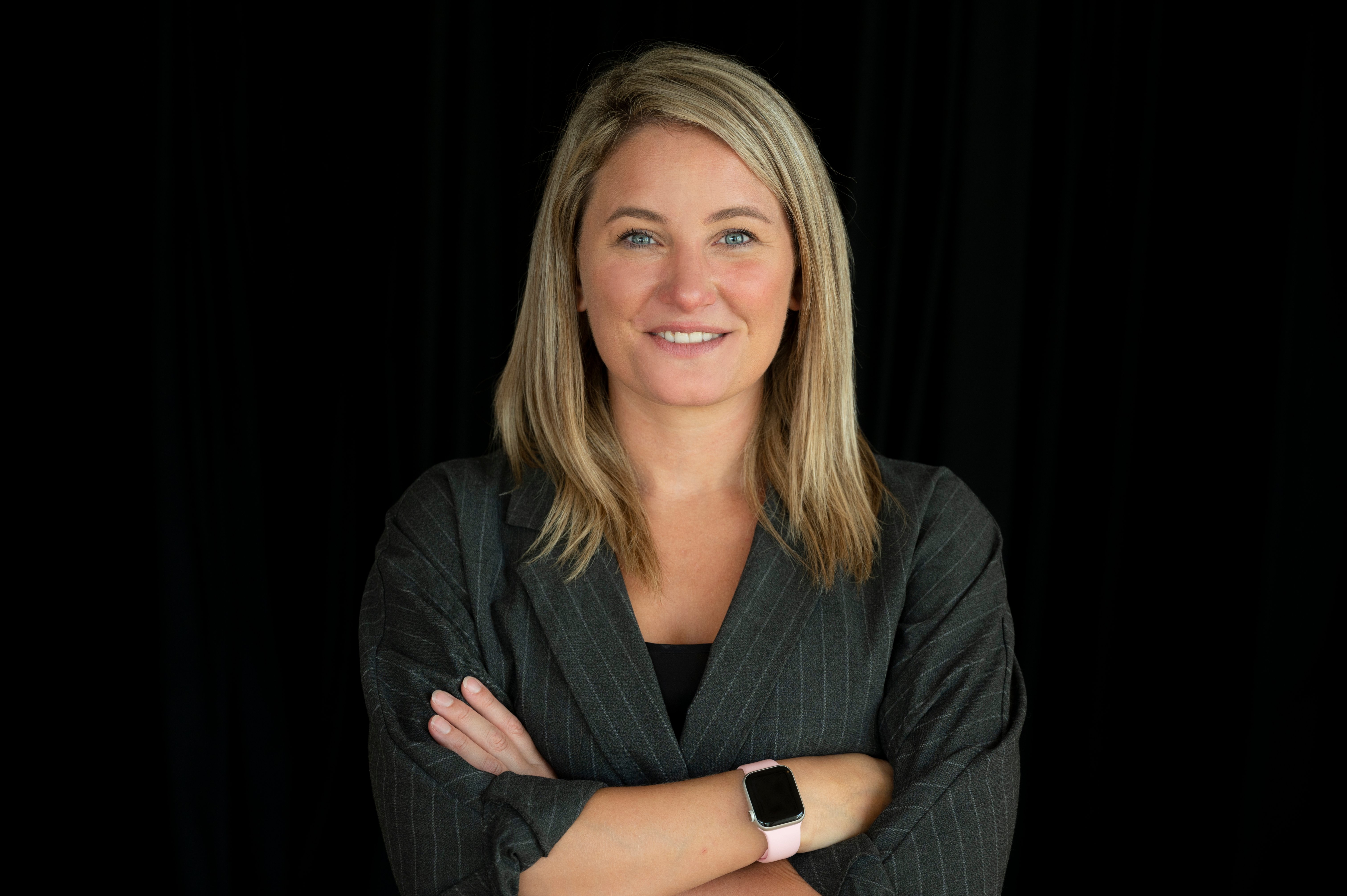 Image: Phillippa Wraithmell
Image: Phillippa Wraithmell
Upon joining Cranleigh School, Abu Dhabi, in 2019 – part of the Cranleigh School group headquartered in Surrey, England – Philippa Wraithmell was given the epic task of developing the school’s digital learning strategy. But she excelled to the point where Cranleigh is now a one-to-one device school.
Digital literacy has also been embedded within the curriculum at Cranleigh, with every subject capable of delivering content that’s relevant to the real world on Apple devices and Google and Apple systems; an achievement that Philippa describes as “exciting”.
Having successfully developed the school’s capacity to deliver a digital curriculum and raised digital literacy standards within the school community, Philippa possesses a wealth of experience that she readily shares with other educators; advice that is not only relevant to international schools in the United Arab Emirates (UAE) or greater Middle East region but also schools right across the world.
For those embarking on a similar journey, she believes that leadership, focusing on governance, and understanding what actually works in the classroom from the perspective of both students and teachers, are the key fundamentals that need to be addressed.
Leadership and governance
“There are plenty of roles out there for a digital leader,” explains Philippa. “But that digital leader tends to be somebody who also has a full timetable – teaching 30 hours a week, plus marking, plus everything else.”
“People have realised there is so much more to digital governance because digital technology changes. Everything constantly needs to be reviewed. This is why digital leadership and governance is really important. You need somebody who is in charge of those different decisions. It is a whole-school decision in terms of what’s out there and what you would like.”
Support from within the school administration is also vital for digital leaders to thrive. As Philippa observes, “If your governors aren’t involved – if your head teachers don’t care – then you’ve got no chance. Even now after a global pandemic, that’s still the case. It’s sad there is just so much pressure put onto one person’s shoulders as the digital leader.”
![]()
Find and commit to what works in the classroom
Digital leaders in schools should have an innate understanding of what the students genuinely need, which is something they can tap into with their decision-making.
“There are lots of platforms that offer all the subjects – but are all the subjects going to be used and are all the subjects useful? If they’re not, then that’s probably not worth spending the £10,000 a year.”
“We need to build on that knowledge of teaching and education and look at, pedagogically, what is improving learning,” Philippa elaborates. “It’s reviewing everything that people have done in terms of their school and their school’s ecosystem. What has worked for us? What helped our children to learn in a better way? What eased our workloads? What was helpful to our staff? What made things less stressful?”
To tackle the constantly evolving playing-field that is EdTech, Philippa believes digital leaders need to maintain a laser-like focus on the end game – delivering an education that serves students beyond the walls of the schools – and not get distracted by “shiny things”.
“We need to be more tangible about what we’re doing in education, making sure that what staff — and leaders, more importantly — do is concentrate on digital strategy, the governance behind it, this is why we’re doing it, and this is why it needs to be consistent.”
“We have to narrow it down into pedagogical reasons why we’re using technology, so that it’s no longer a gimmick and it has genuinely improved what has happened in the classroom that day. Otherwise, close it and put it away because it’s not necessary.”
The improvement of EdTech
Philippa believes that achieving a better balance between “meaningful” apps and where EdTech needs to progress to really serve education is not too far away. Where developers used to engineer apps and try to adapt them for education, a 180-degree change has occurred. Developers now engineer apps specifically for the benefit of education.
“Instead of trying to twist something and fit a round peg in a square hole, what we’re getting now is apps and platforms that are actually driven by pedagogy. We’re seeing things that support education, instead of trying to sell educators things they don’t need. The sector is definitely becoming savvier about what schools need.”
Philippa remains steadfast in her belief that less, in terms of tech, can be more. As opposed to an app-heavy environment, she advises to focus on software that pays bigger dividends.
“I’m not a huge fan of apps but I see the relevance of them,” she explains. “I think we need to not overwhelm students and staff. We just need to streamline our EdTech and ask – what do I need to teach my students and do I need an app to do that?”
Accordingly, Cranleigh, she explains, uses Apple devices across the school for compatibility reasons. “Students can use Microsoft, Google, Android or Apple, so we’re teaching them three different disciplines in terms of the main software that’s available to them.”
“Aside from going cloud-based, the software hasn’t changed since they were created,” she adds. “They’ve had upgrades, sure, but not really massive changes to them, and that will potentially be consistent for a long time. What we need to teach children is tangible skills. They’re not going to go into an office and be told to use an app to write an email, so why teach them to use an app to write an email? Why not teach them to use email?”
“Whatever your ecosystem – whether that’s Microsoft, Google, Apple, whatever – teach students how to actually use the device and the software that’s on it because teaching them how to use software is a relevant skill. What are they gaining from learning an app that might not even be used next term? You’re teaching them skills that they’re then utilising across all of the different disciplines that they’re learning.”

A book about digital ecosystems in schools
Based on her extensive experiences, Philippa’s currently working on a book about building sustainable digital ecosystems in schools, The Digital Ecosystem: How to create a sustainable digital strategy for your school. Published by John Catt Educational in November 2021, she describes this feat as an opportunity for her to celebrate and highlight the community of educators in the region, as well as share the insights she’s gained.
“I set up EdTech UAE, which was a group that met every month, and we would chat about things that were going on,” she explains. “We were supporting each other through the pandemic, trying to help each other and share resources. I had a lot of people email me after catchups saying, ‘I’ve been asked to do this and I feel really uncomfortable, and nobody’s listening to me’. It made me feel like I needed to do something.”
“The book is a shout-out to everybody. It’s saying, ‘Look at the work these people are doing – could you please acknowledge it?’ because the collaboration across the UAE is amazing. It’s got lots of different inserts from educators from all around the world, so it’s not just me waffling on,” Philippa laughs.
“The people that I’ve met here across a range of disciplines within education are so knowledgeable, and they’re at the forefront of what they are doing. It is so easy to have an in-depth conversation with people about how digital literacy is transforming education. It’s such a great network to be part of. It really works.”
Want to hear more from Philippa Wraithmell? Watch her panel appearance as part of the GESS Conference. You can also visit her website, Designed to Teach Digitally – www.designedtoteachdigitally.com
Philippa’s book is available from 10th November 2021 online at Amazon and Waterstones.
